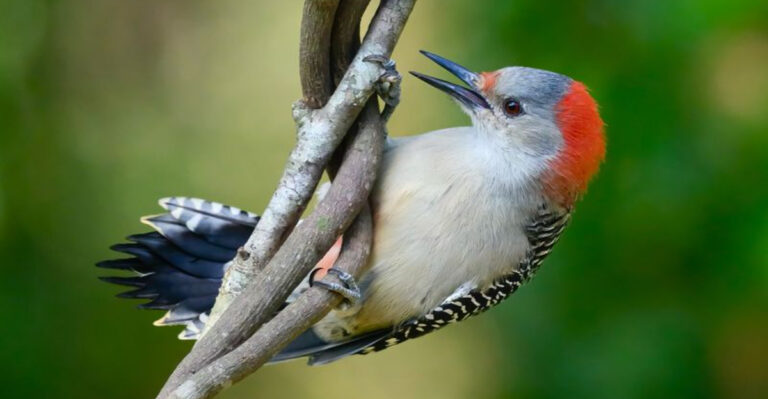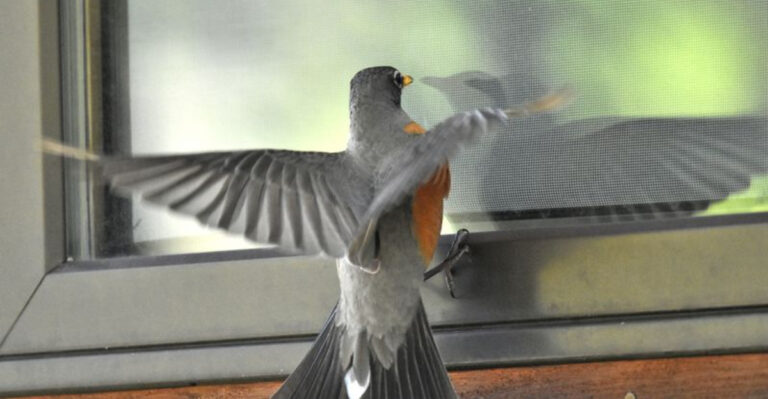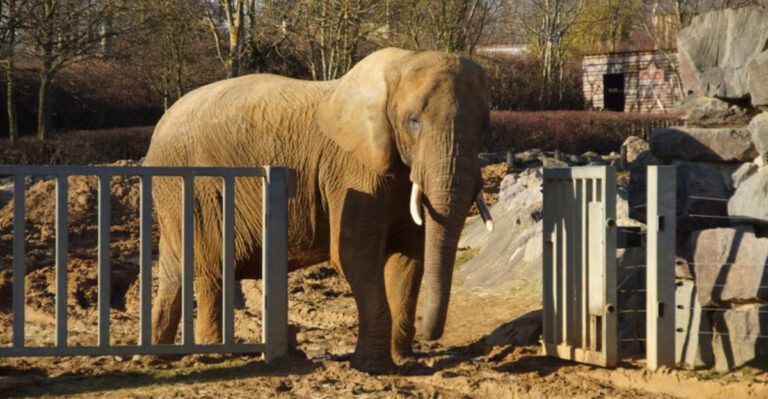13 Scents Deer Can’t Stand And 5 They Love
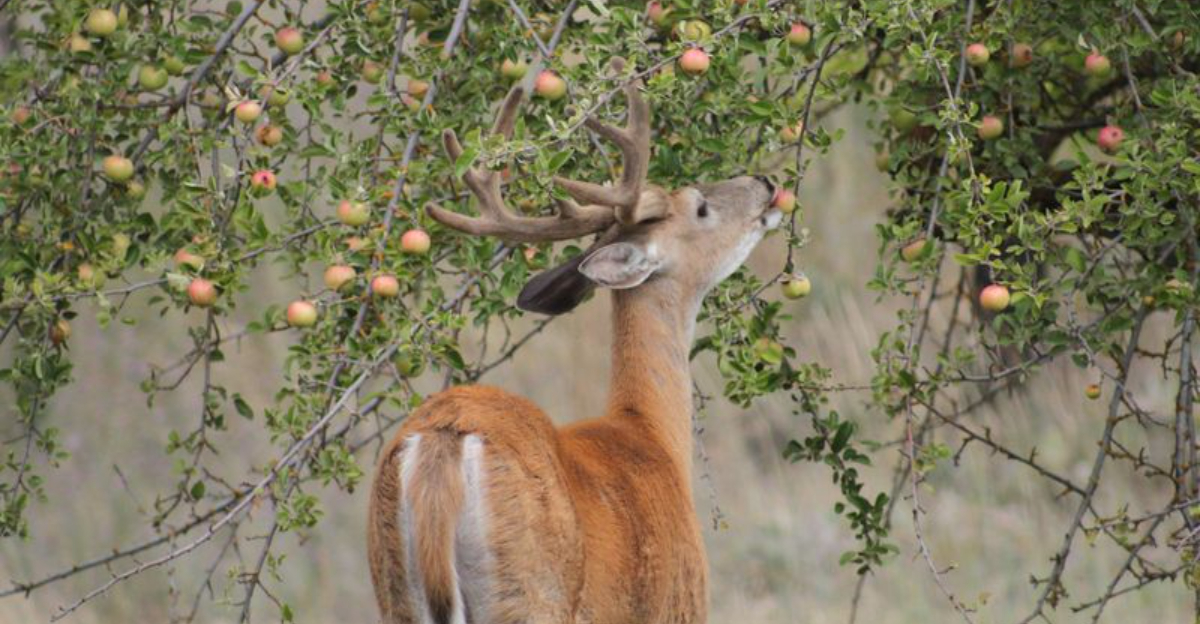
Ever wondered why deer seem to vanish when you approach but feast happily in some gardens? Their incredible sense of smell plays a huge role in their behavior.
Understanding which scents attract or repel these graceful creatures can help gardeners protect plants or hunters improve their chances of a successful outing.
1. Human Scent
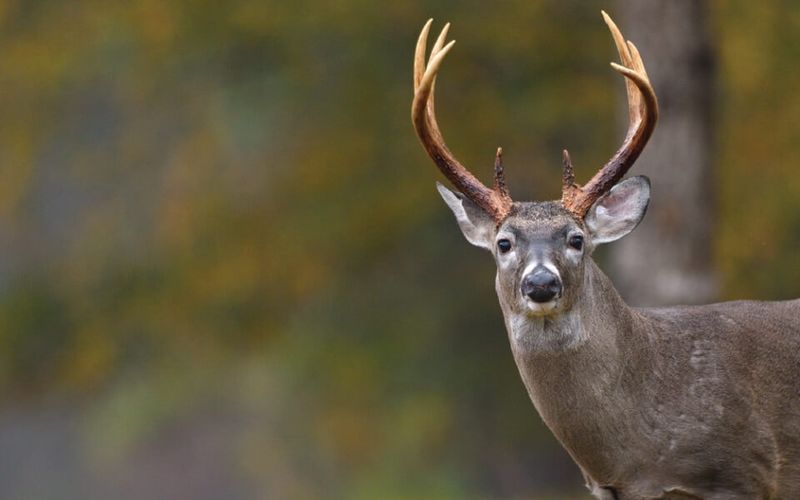
Your natural body odor sends deer running faster than anything else! Even the faintest human smell can alert them to potential danger.
These woodland creatures associate human scent with threats, triggering their flight response immediately.
2. Garlic
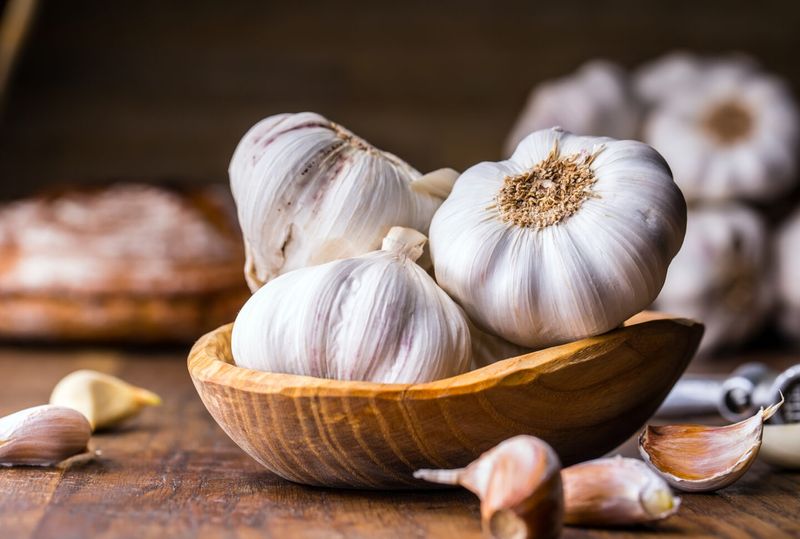
Nothing clears a deer gathering like the pungent aroma of garlic! This kitchen staple creates an invisible barrier around your garden.
The sulfur compounds that give garlic its distinctive smell overwhelm deer’s sensitive noses, making them seek less offensive feeding grounds.
3. Cinnamon
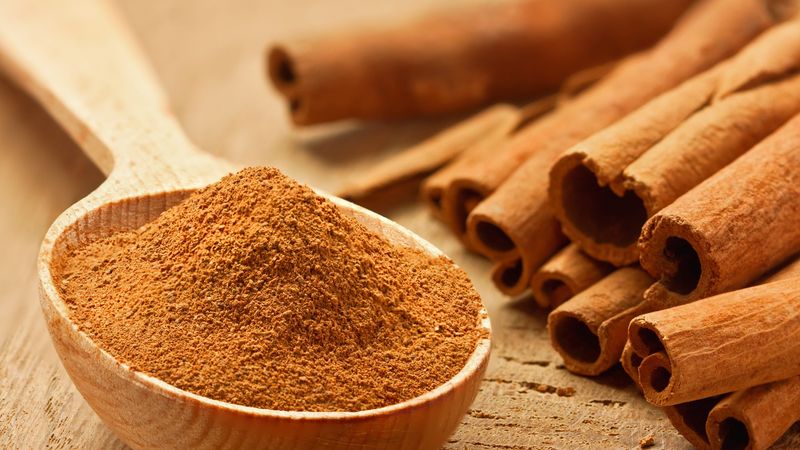
Sprinkle this warm, holiday spice around your garden for deer-free zones! What smells cozy to us registers as alarming to deer.
The intense aromatic oils in cinnamon bark disrupt their ability to detect food scents, causing confusion and avoidance.
4. Peppermint
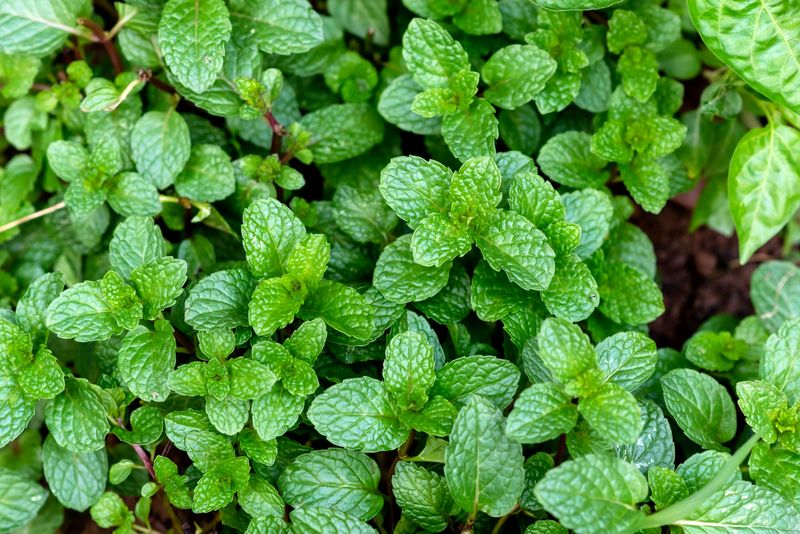
Fresh and cooling to humans, absolutely overwhelming to deer! The menthol compounds in peppermint create sensory overload for these woodland browsers.
Many commercial deer repellents incorporate peppermint oil because its potent aroma masks food smells they normally seek out.
5. Black Pepper

That sneeze-inducing spice does more than season your food! Black pepper contains piperine, which irritates deer’s sensitive nasal passages.
Scattering ground pepper around vulnerable plants creates a spicy barrier that makes deer think twice before munching on your garden favorites.
6. Lemon
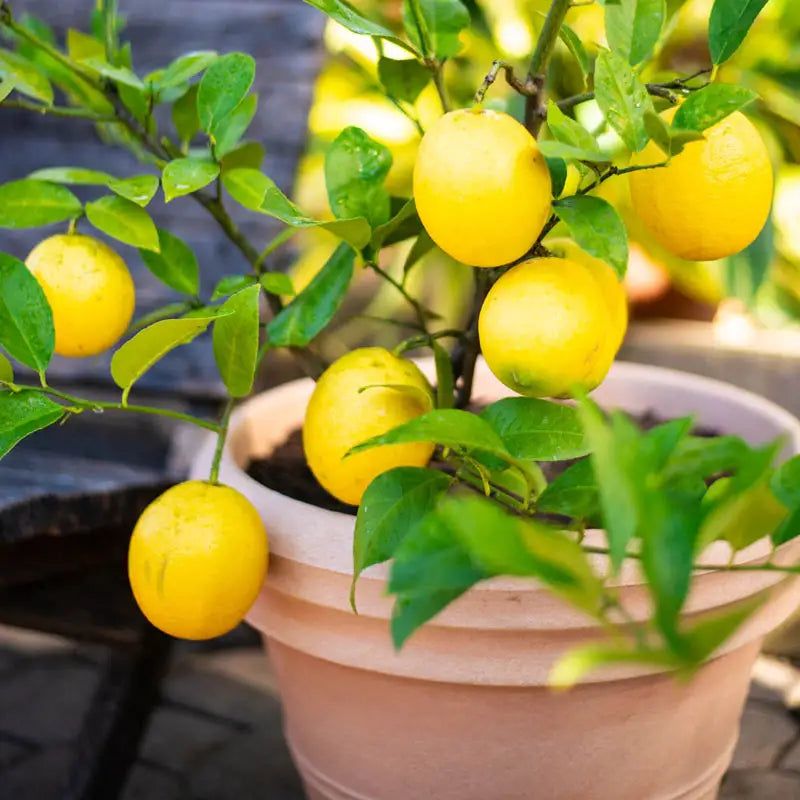
Zesty citrus scents might brighten your day but send deer packing! The sharp, acidic aroma cuts through the forest air like nothing else.
Lemon oil contains compounds called limonenes that deer interpret as warning signals, triggering their instinct to find safer feeding grounds.
7. Lavender

While we plant lavender for its soothing fragrance, deer experience it quite differently! Those purple blooms emit potent oils that overwhelm deer’s sensitive noses.
Unlike some repellents that fade quickly, lavender provides continuous protection as long as it’s growing in your garden.
8. Eucalyptus
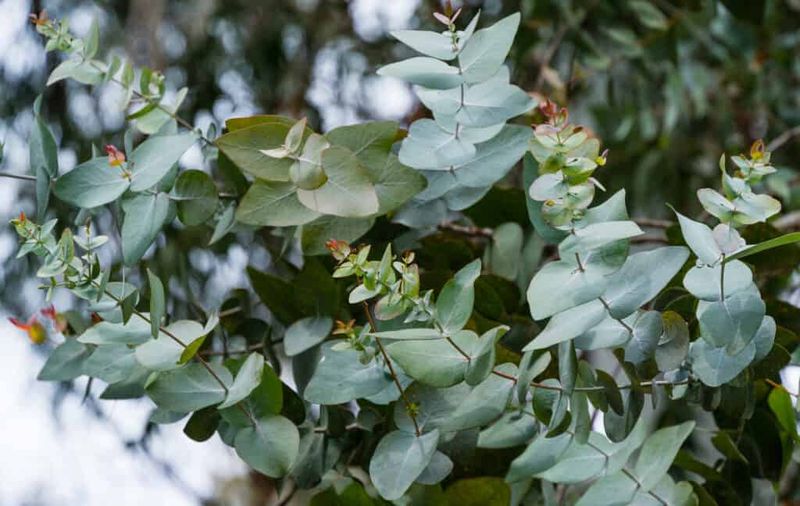
Koalas might love it, but deer want nothing to do with eucalyptus! The powerful menthol-like scent triggers their danger response.
Hanging eucalyptus branches around garden perimeters creates an aromatic fence that most deer won’t cross, protecting your precious plants without harsh chemicals.
9. Blood Meal
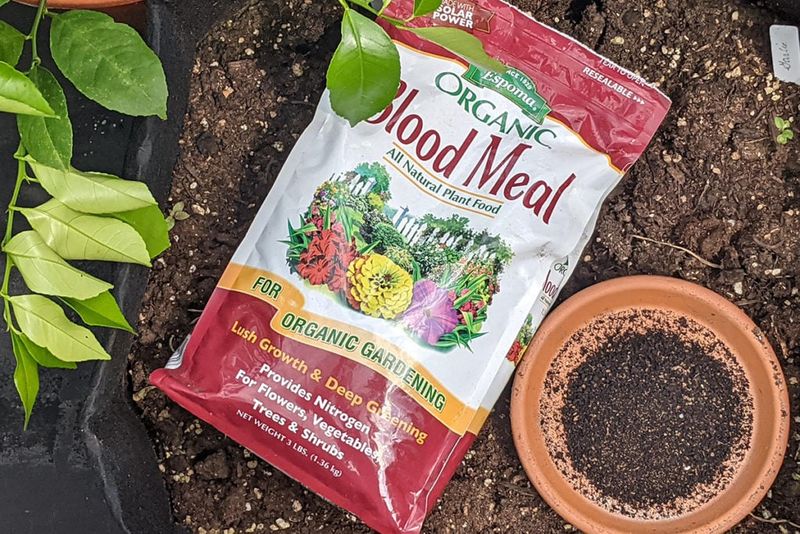
Few scents trigger a deer’s survival instinct faster than blood! This primal odor signals immediate danger to these constantly-vigilant animals.
Blood meal fertilizer serves double duty in gardens – nourishing plants while creating a defensive perimeter that deer instinctively avoid.
10. Tobacco
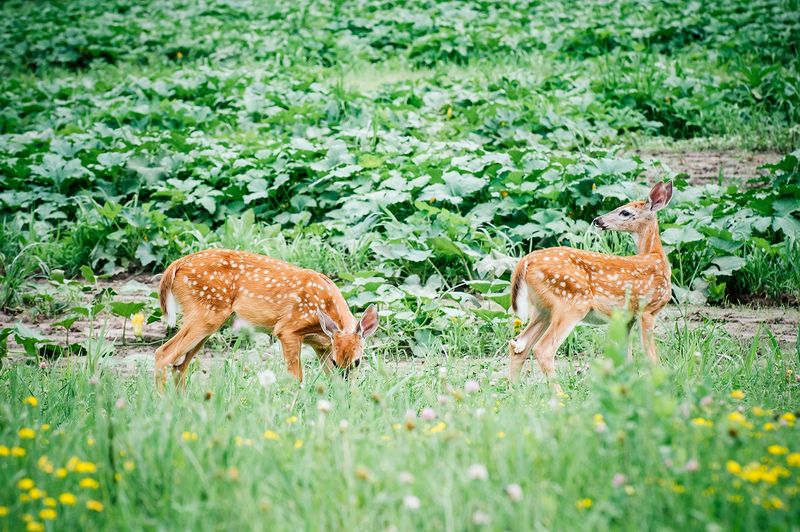
Surprising but true – tobacco’s acrid smell sends deer running! Hunters have long known to avoid smoking before heading into the woods.
The lingering nicotine compounds in tobacco trigger deer’s danger response, as they’ve evolved to associate this distinctive odor with human predators.
11. Vinegar

That sharp tang that makes you wrinkle your nose? Deer feel it tenfold! Vinegar’s acidic properties cut through other scents like a knife.
Spraying diluted white vinegar creates temporary but effective barriers around vulnerable plants, especially useful during peak browsing seasons.
12. Onions
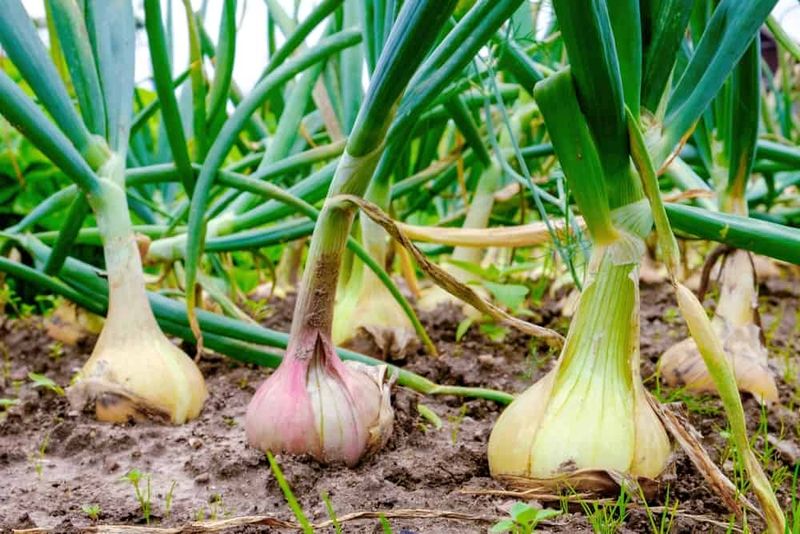
Making you cry isn’t onions’ only talent – they’re deer deterrents too! Those sulfur compounds that sting your eyes affect deer even more intensely.
Interplanting onions throughout your garden creates aromatic confusion for deer, masking the scents of tastier plants they’d normally target.
13. Cedarwood
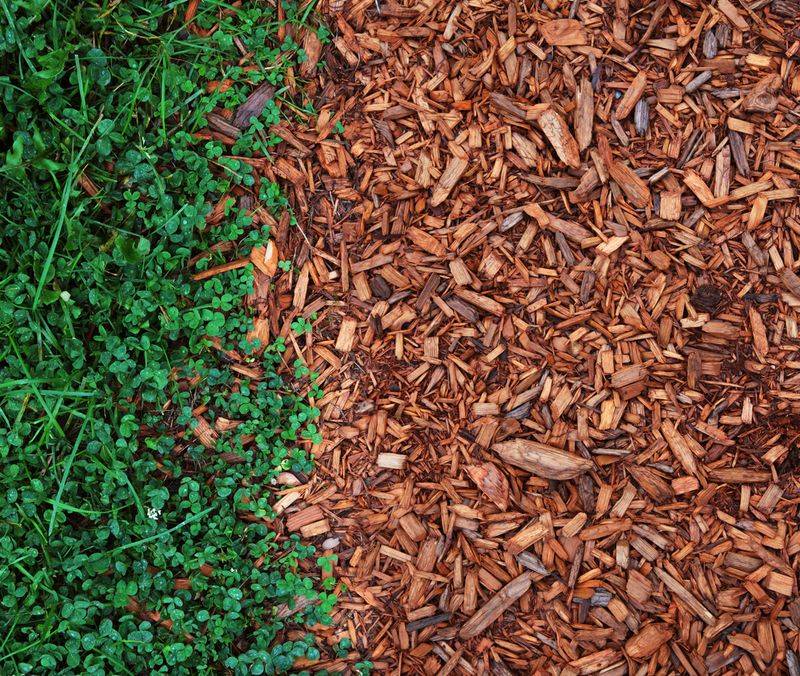
Cedar closets protect your sweaters – cedar oil protects your garden! The aromatic resins in cedar create an invisible boundary deer rarely cross.
Unlike some repellents that wash away in rain, cedar mulch provides lasting protection while also suppressing weeds and retaining soil moisture.
14. Apple
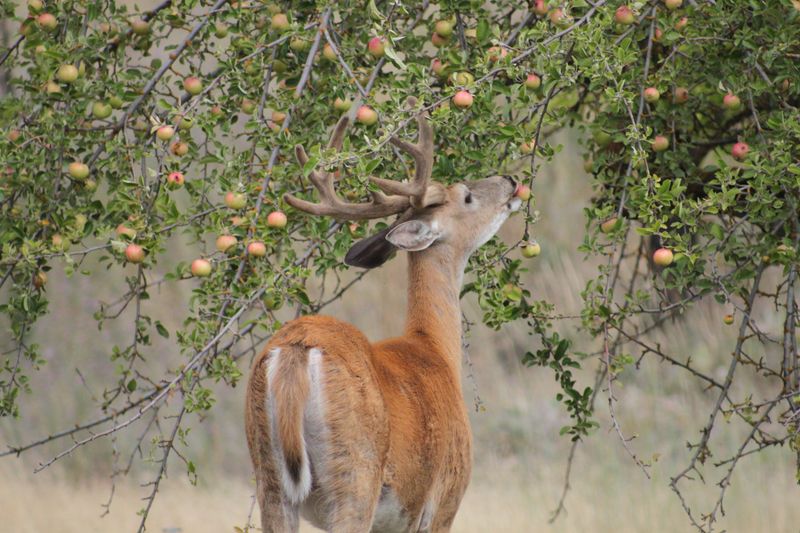
Nothing attracts deer like the sweet promise of apples! This irresistible fruit scent draws them from surprisingly far distances.
Fallen apples in orchards become deer magnets, with the fermenting fruit producing an even stronger aroma that cuts through forest air like a beacon.
15. Peach
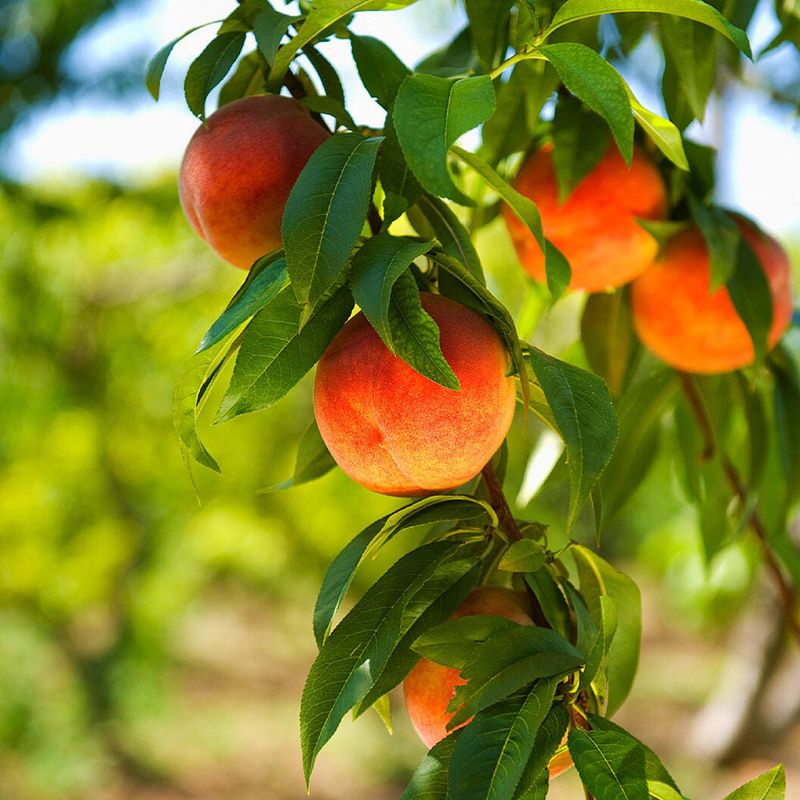
The sweet, juicy aroma of ripe peaches might as well be deer candy! This fragrance signals high-energy food to hungry deer.
Orchards often struggle with deer damage precisely because these animals can detect peach scents from remarkable distances, even before the fruit fully ripens.
16. Alfalfa
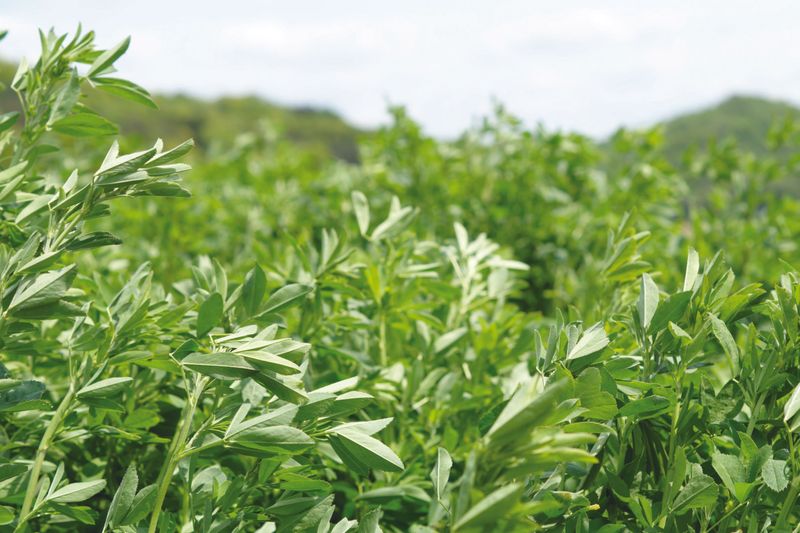
Farmers call alfalfa “deer magnets” for good reason! The sweet hay-like aroma practically sings to deer, promising nutritional riches.
Deer can detect alfalfa’s distinctive smell even when it’s dried and baled, making it a top choice for wildlife food plots and hunting attractants.
17. Clover
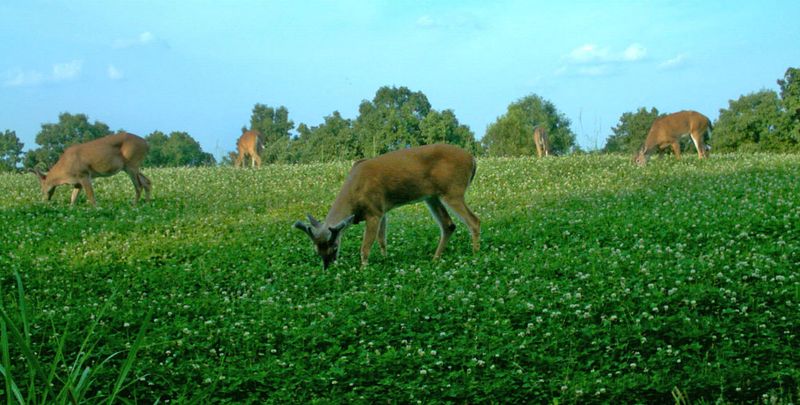
Lucky four-leaf clovers might be hard to find, but deer have no trouble locating clover patches! The subtle, sweet fragrance announces protein-rich meals.
Deer will return repeatedly to established clover patches, following the scent trail even through dense forest or suburban neighborhoods.
18. Berries
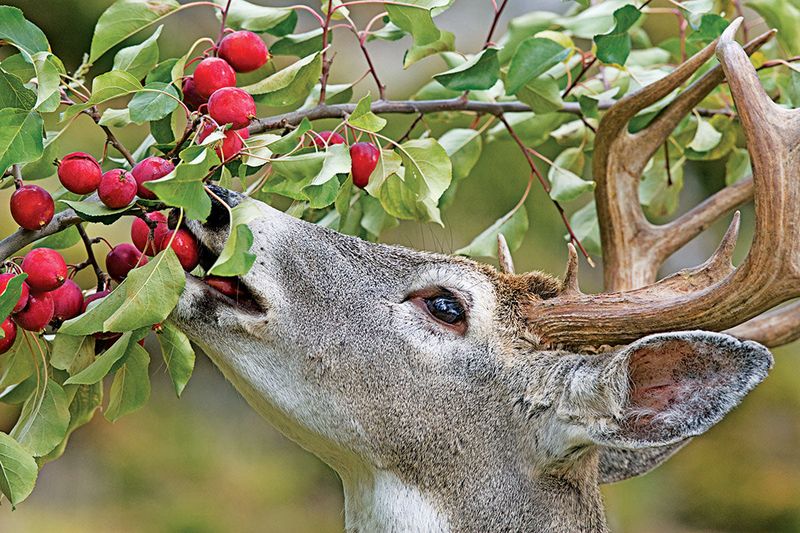
Wild blackberries and blueberries emit a fruity perfume that deer find utterly magnetic! These natural treats combine scent and sweetness irresistibly.
During berry season, deer will travel impressive distances following berry aromas, often creating well-worn paths to productive patches they return to yearly.

